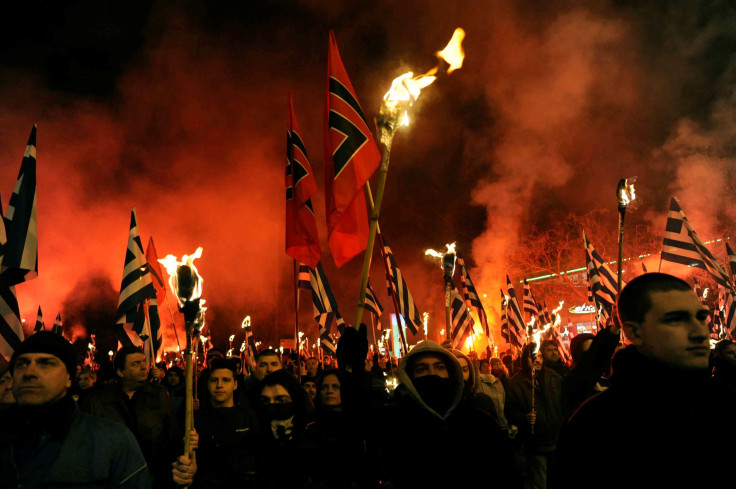Does Democracy Work? Europe's North And South 'Living In Parallel Universes' With Politics

European nations are deeply divided over the success of democracy. At least, that's according to a recent poll that reflected a substantial north-south divide in the continent's satisfaction with the political ideology it conceived thousands of years ago, the Washington Post reported Monday.
The results were based on a 2016 European Union-wide survey called the Eurobarometer and later made into a graphic by Pippa Norris, a comparative political scientist as well as the founder and director of the Electoral Integrity Project. The data found that Northern European countries such as Denmark, the Netherlands and Sweden were among the most content with democratic principles, while Southern and Eastern European nations including Greece, Cyprus and Romania appeared to be the most unconvinced.
Spain, once among the most accepting countries of democracy in the earlier 2000s, has since surpassed Italy, a longtime critic of the status quo possibly facing snap elections this year over growing populism, in its skepticism of the system's merits. Far left sentiment in Spain has been rising amid unpopular austerity measures.
France, in which far-right National Front leader Marine La Penn is poised to win the first round of the country's national elections this year, has also become increasingly dissatisfied with democracy over the years. President Francois Hollande has been struggling to deal with a wave of deadly attacks inspired by the Islamic State group, also known as ISIS, and recent anti-police brutality protests.
The most malcontent of all, Greece, is considered the birthplace of modern democracy. Since the financial crisis of 2007-2008, the nation of islands has struggled to pay back its European loans and became the first developed country to fail to repay its debt to the International Monetary Fund in June 2015. The dire financial situation has offered a popularity boost to anti-establishment movements on the far left, far right and among anarchists, all of which have criticized the country's current democratic institutions.
In the Balkans, emergent signs reminiscent of historic ethnoreligious and geopolitical conflicts have reportedly raised fears that existing political structures may not be able to maintain peace in the region.
In the north, however, states have continued to place their trust in democracy. Germany, which enacted its own harsh austerity measures in response to the financial crisis, has become more enthusiastic about democracy since pre-crisis levels in 2004. Georgetown University's Sonia Alonso told the Washington Post that this was likely because Germans chose austerity domestically, while other nations were not given much of a choice.
“German internal devaluation was part of a policy adopted by democratically elected German politicians whereas the Greek and Spanish devaluations were imposed by external unelected institutions,” Alonso said. “In other words, Germany's self-inflicted austerity actually improved its democratic legitimacy.”
She added: "It is almost as if citizens from north and south are living in parallel universes."
A July report by Austin-based global intelligence company STRATFOR revealed just how wide the gap between the realities of northern and southern Europe has become. With massive debts still unpaid, European nations have squabbled over who should bear the consequences and how disciplinary action could be taken while still guaranteeing a return on loans. An August report by STRATFOR has also shown interest among southern European countries in forming their own political alliance as continental relations fracture.
As an institution, the EU itself has also faced what European Council President Donald Tusk described last month as its greatest existential crisis since the founding of its predecessor, the European Economic Community, in 1957. With the U.K. officially set to exit the EU and right-wing, populist parties across the continent calling for national referendums in their respective countries to exit as well, EU officials have acknowledged the uncertainties that the international alliance faces in the coming years.
© Copyright IBTimes 2025. All rights reserved.






















